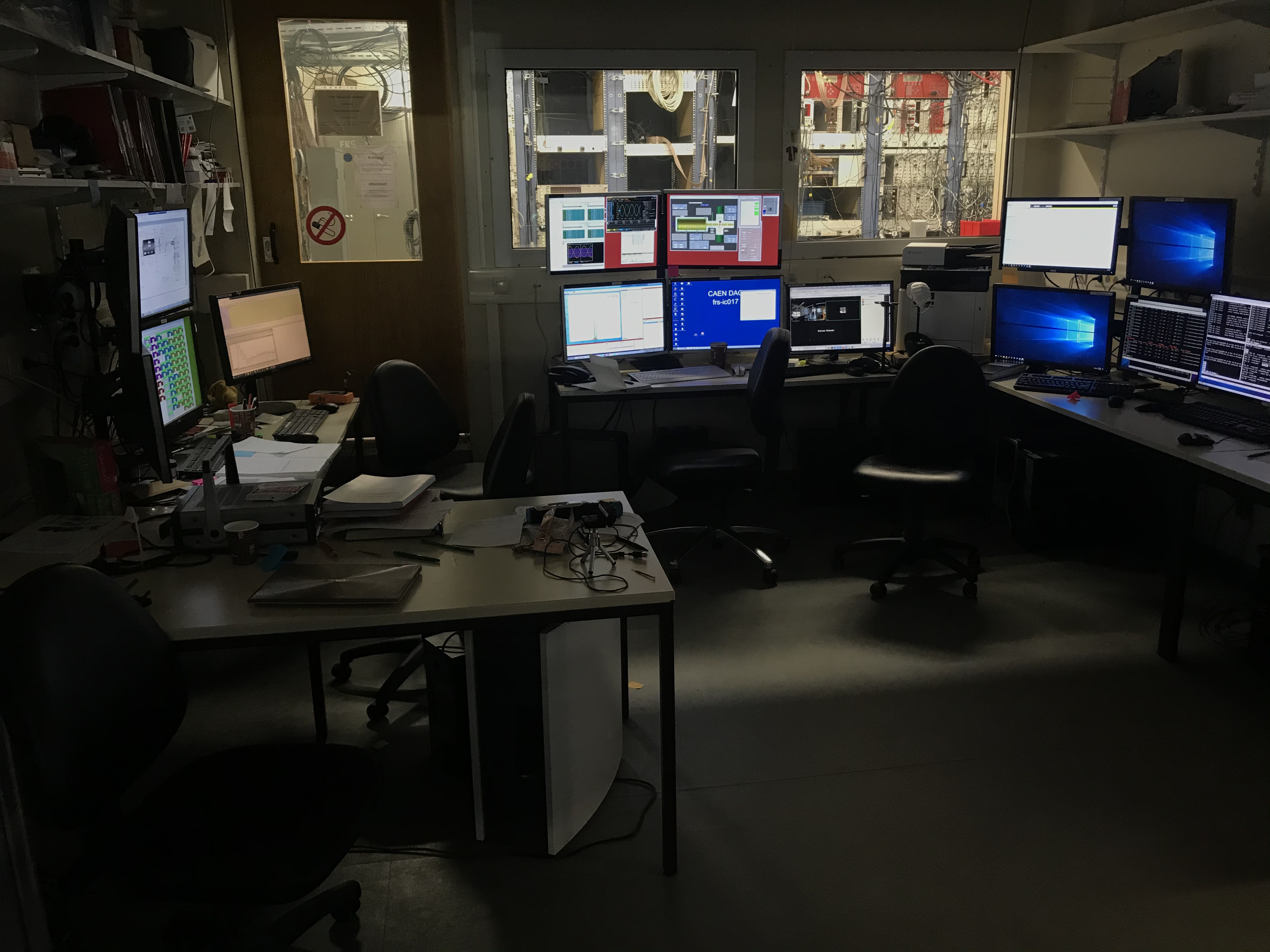♦ 🐆 4 min, 🐌 8 min
🔬 Life Experiment 13, 2021
Hey There.This week and the past week, my life is a physics experiment. Not a Life Experiment. But it's an experiment, so all is fine. For a week, we are measuring the physics phenomena with the equipment developed and built by a large team over the past few years. We have entered the "beam time" period, as we call it. So what are we measuring? Highly simplified. We are trying to measure masses of rare isotopes that are produced in exotic stars in our universe. But we don't have the star in our lab, right? Yes, but that's why we have an accelerator facility that allows us to reproduce those stars' conditions.For a non-expert. We basically wire a bunch of cables and fancy equipment, set up some control PCs:
🔬 Weekly experiment 12, 2021
This is the 40th issue of the Life Experiment newsletter. We did:- 5 editions in 2019,
- 23 in 2020,
- 12 in 2021 so far.
Systems
When we start something new, there's friction. Things feel clunky; take time. Over time, when we do something repeatedly, things begin to feel more natural. We subconsciously design a system.If we put a little effort into it, we can design a clever system. For this newsletter, I developed a system:- Create a skeleton draft a week in advance.
- Over the week, make notes and mark stuff interesting for the newsletter with @N.
- Over the weekend, type up the notes marked with @N.
- Then, gather all @N notes in one place and pick a topic of the week. This week the topic is systems.
- Filter the notes and create a basic structure of the newsletter.
- Make sure to have a photo for the newsletter and a short personal story.
- On Monday evening, polish the whole thing into a 1k+ word piece.
- Then, dispatch the issue to my eager readers.
Focus
You can't do everything. You need to pick something. Something small, something niche and then dig deep into that. Such focus isn't for everyone, but it's what it takes to get to the edge, to become the best at something.Doing a PhD is one example of digging deep. I'm trying the Thinking trough writing to be the second thing I dig deep into.So how do you know if you are doing too much? How do you know if you are defocused? My rule of thumb:If you need a task manager, you are doing too much.It's not about logging all the tasks, having fancy todo lists, the latest 100$ software. Or constant reminders. You need to focus on few things and push everything else aside. Focus is saying no to something that you think is a phenomenal idea. You wake up thinking about it, but you say no because you are focusing on something else. Once you internalise that, the concept of time management disappears. You get to the next level where:Productivity becomes mood management, not time management.With fewer things on your plate, you don't have multiple people, obligations pulling you in every possible direction. Once you're focused, all you need is to maintain that focus and be in the best possible mood. So you need to get enough rest, water, exercise and anything else that lifts your mood. That's it.So how am I maintaining focus and a positive mood? With writing 😂Thinking 🤔 experiments
As you probably know by now, I write daily. So should you. But why do I do it? Why do I really write into my journal? To capture all the directions I want to take, then choose the path that is the most aligned with my current goals. Yes, I have to leave behind a lot of possibilities and pick one and focus on it. Writing helps me choose the option that's most promising and most urgent. Yet because I write down all the possibilities, I know that I can always revisit my thoughts. Most of the time, it turns out that most of the ideas were not that clever after all.This week I filled my 2nd 200 A4 page journal of the year. I'm on the way to my reflection yearly record. Maybe that also means I have more mess to process this year than in the past. Or I'm finally dealing with most of my shit. Who knows.But one thing that my daily writing reminds me of is that I have an overflow of ideas and options that I could pursue, but I need to be brutal and choose only a few.So pick that journal and start sharpening your focus. Once you practice this habit for a while, you'll be amazed by what you can achieve if you try to focus through writing. Life then becomes a game and not a daily uphill battle.ZigaP.S. Sharing is caring, so forward this newsletter to at least two friends. The friend who subscribes to the newsletter after you forwarded it to them has to send you a bag of gummy bears in return. Plus, send pics, or it didn't happen. 😉Get notified & read regularly 👇